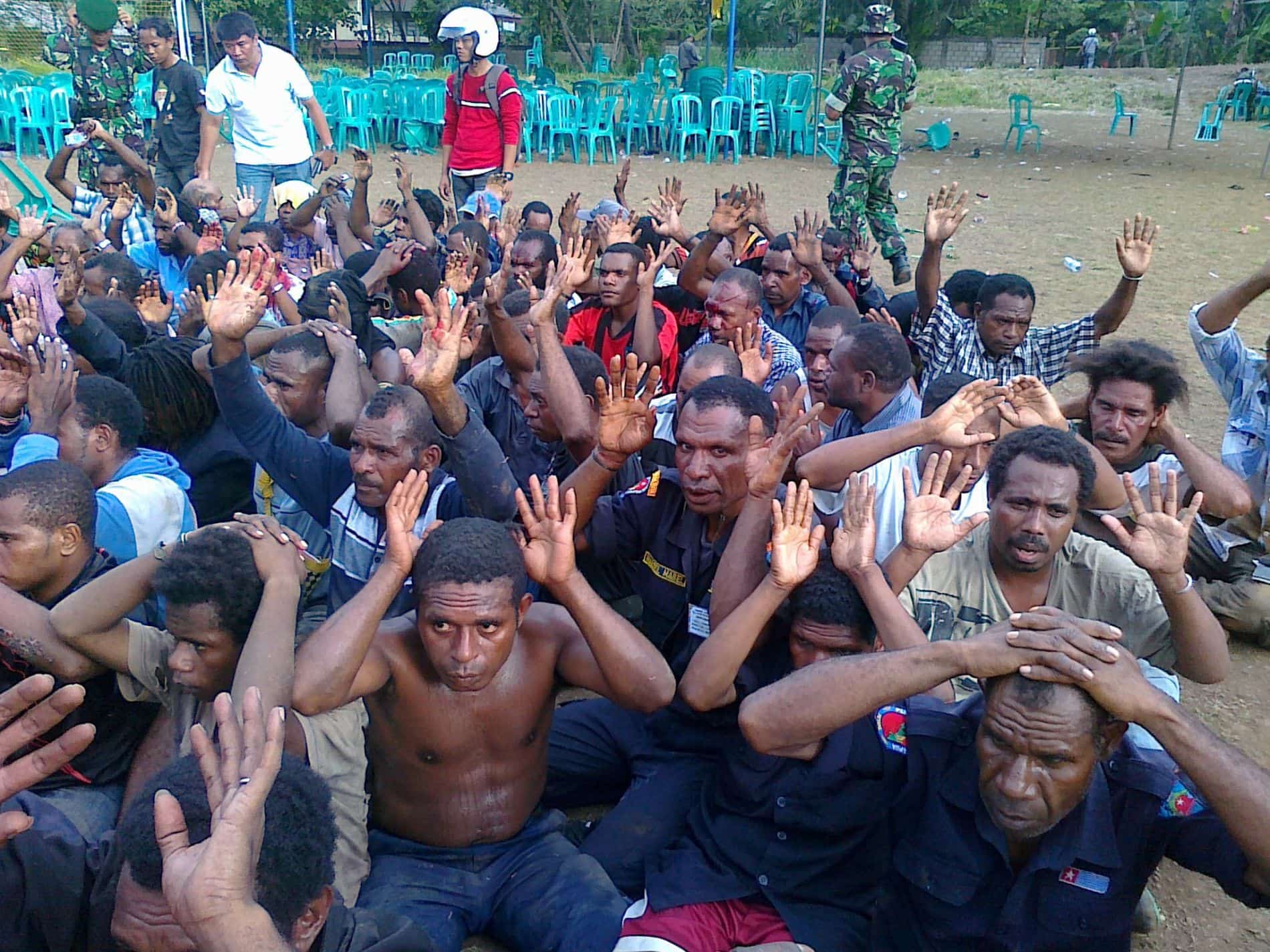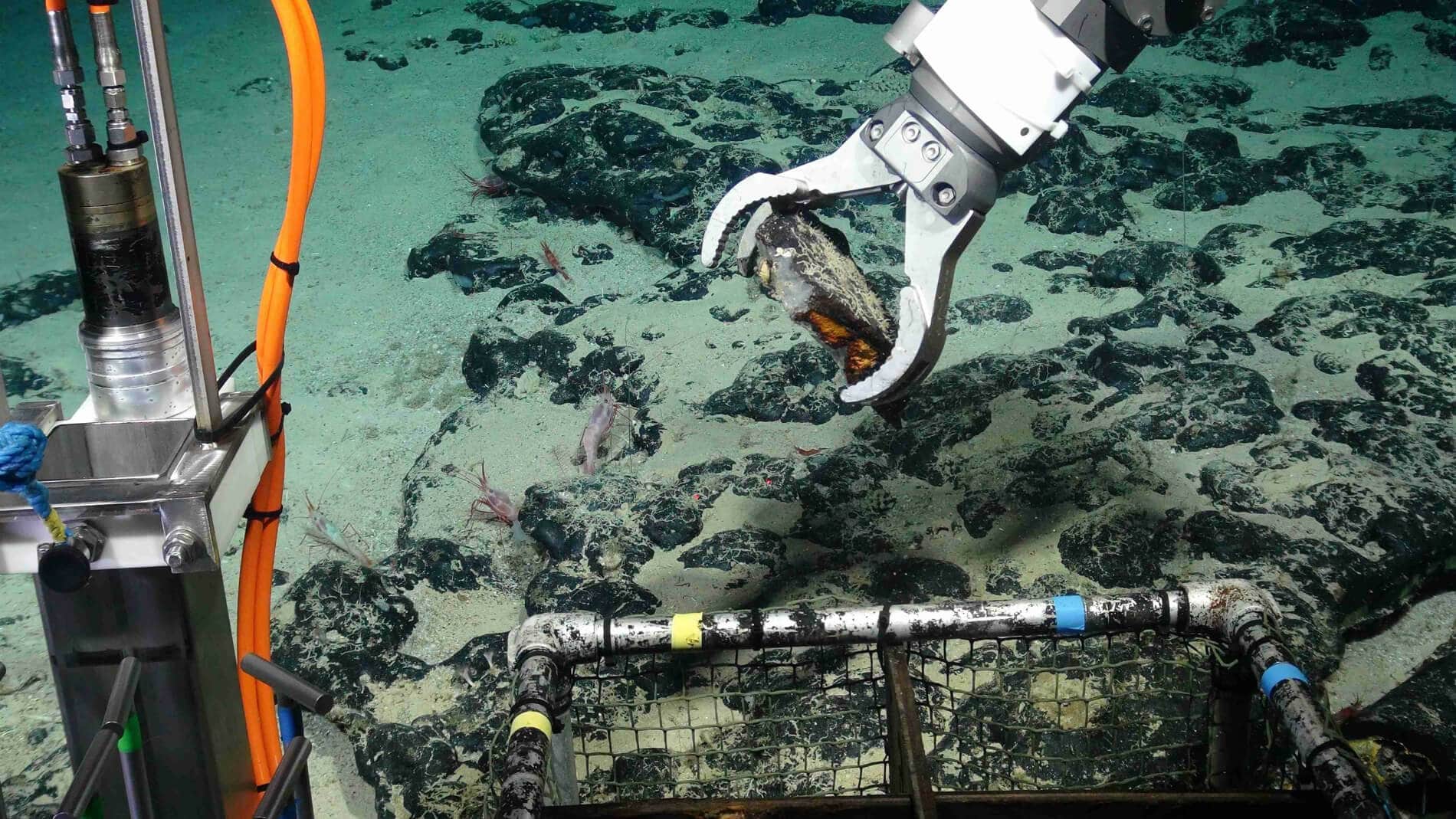In most parts of Oceania, indigenous peoples outnumber the descendants of colonists. Exceptions include Australia, New Zealand and Hawaii.
Many of the present-day Pacific Island nations in the Oceania region were originally populated by Polynesian, Melanesian and Micronesian peoples over the course of thousands of years. European colonial expansion in the Pacific brought many of these under non-indigenous administration. During the 20th century several of these former colonies gained independence and nation-states were formed under local control. However, various peoples have put forward claims for indigenous recognition where their islands are still under external administration; examples include the Chamorros of Guam and the Northern Marianas, and the Marshallese of the Marshall Islands and the Native Hawaiians of Hawaii.
In New Zealand, the indigenous Mãori constitute nearly 15% of the total population. Most of those people that define themselves as Mãori are also of European and to a much lesser extent Asian descent.
The indigenous peoples of Australia account for 2.4% of the total population (2001 census figures).
The independent state of Papua New Guinea (PNG) has a majority population of indigenous societies, with some 700+ different tribal groups recognised out of a total population of just over 5 million. The PNG Constitution and other Acts identify traditional or custom-based practices and land tenure, and explicitly sets out to promote the viability of these traditional societies within the modern state. However, several conflicts and disputes concerning land use and resource rights continue to be observed between indigenous groups, the government and corporate entities.




